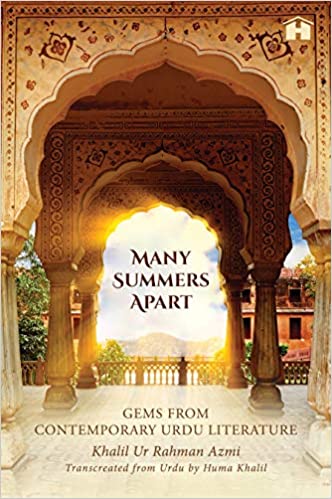Khalil Ur Rahman Azmi’s monumental and definitive study on the Progressive Movement in Urdu Literature is now available in English, thanks to his daughter and translator, Huma Khalil. It must indeed be a joyful experience for researchers and scholars alike, especially those who cannot read Urdu, to be able to read this classic in English. Interestingly Khalil calls her book ‘transcreation’. By drawing attention to the transcreational feature, she highlights the major difference between translation and transcreation. A translator needs to be faithful to the original and this can be restrictive. Transcreation affords greater stylistic freedom and structural flexibility. In the case of the book under review, the decision to transcreate and not translate the original is significant, considering the nature of the work. The source text which contextualizes the rise of the Progressive Movement in Urdu literature in the 1930s, and the manner in which it impacted the writers of Urdu, and other literatures of that time, does not require a faithful reproduction, as the goal is to make the text an interesting and insightful read for the contemporary target audience. Transcreation affords Khalil tremendous leeway in the matter of inclusion/exclusion and restructuring, as well as the discretionary freedom to work through and around complexities of narrative representation. As Azmi’s daughter, she has the right to make such a choice, which, considering the end product is a happy one.

A Canon That Shaped A Nation
Catherine Thankamma
MANY SUMMERS APART: GEMS FROM CONTEMPORARY URDU LITERATURE by Khalil Ur Rahman Azmi Hay House, Delhi, 2019, 403 pp., 699.00
June 2020, volume 44, No 6
